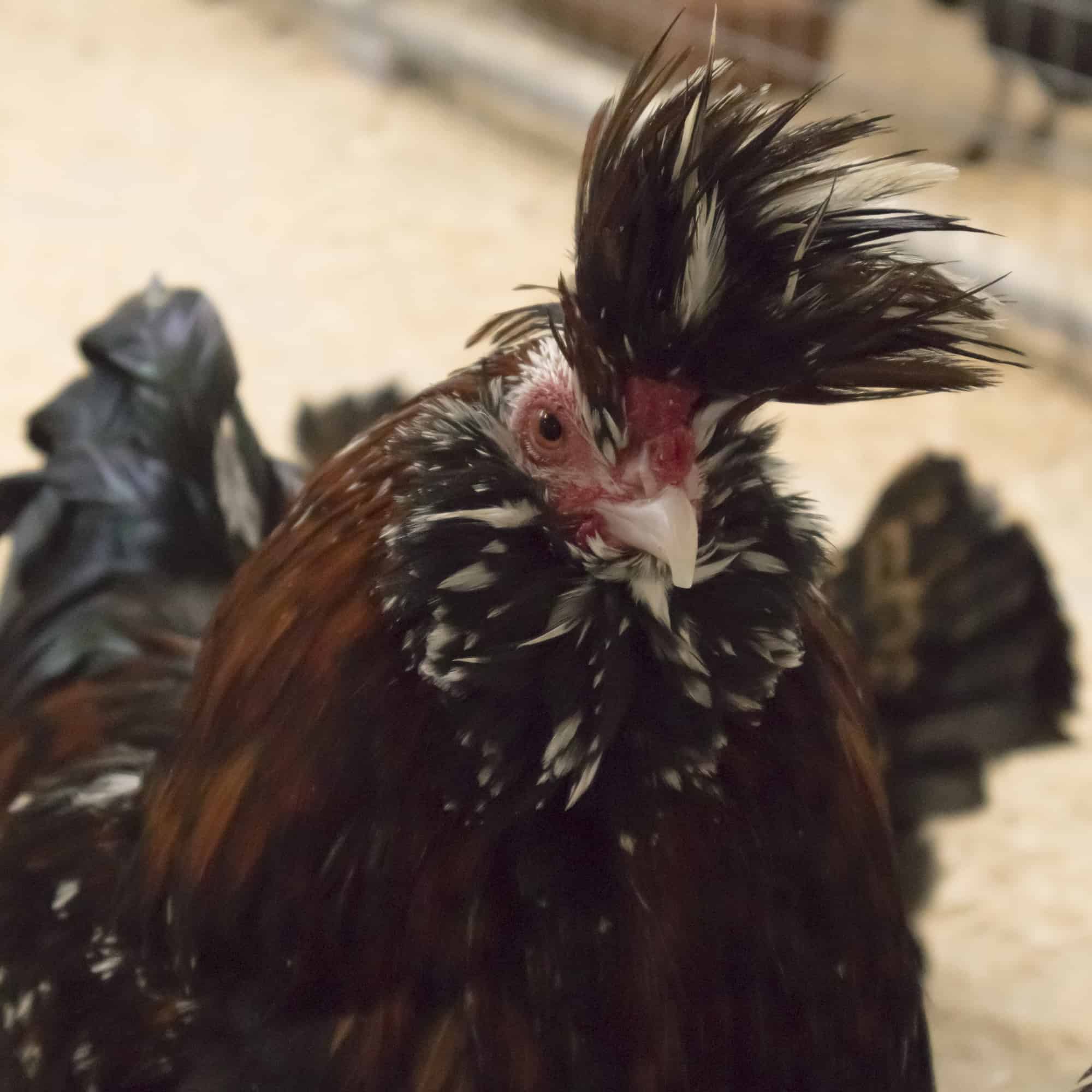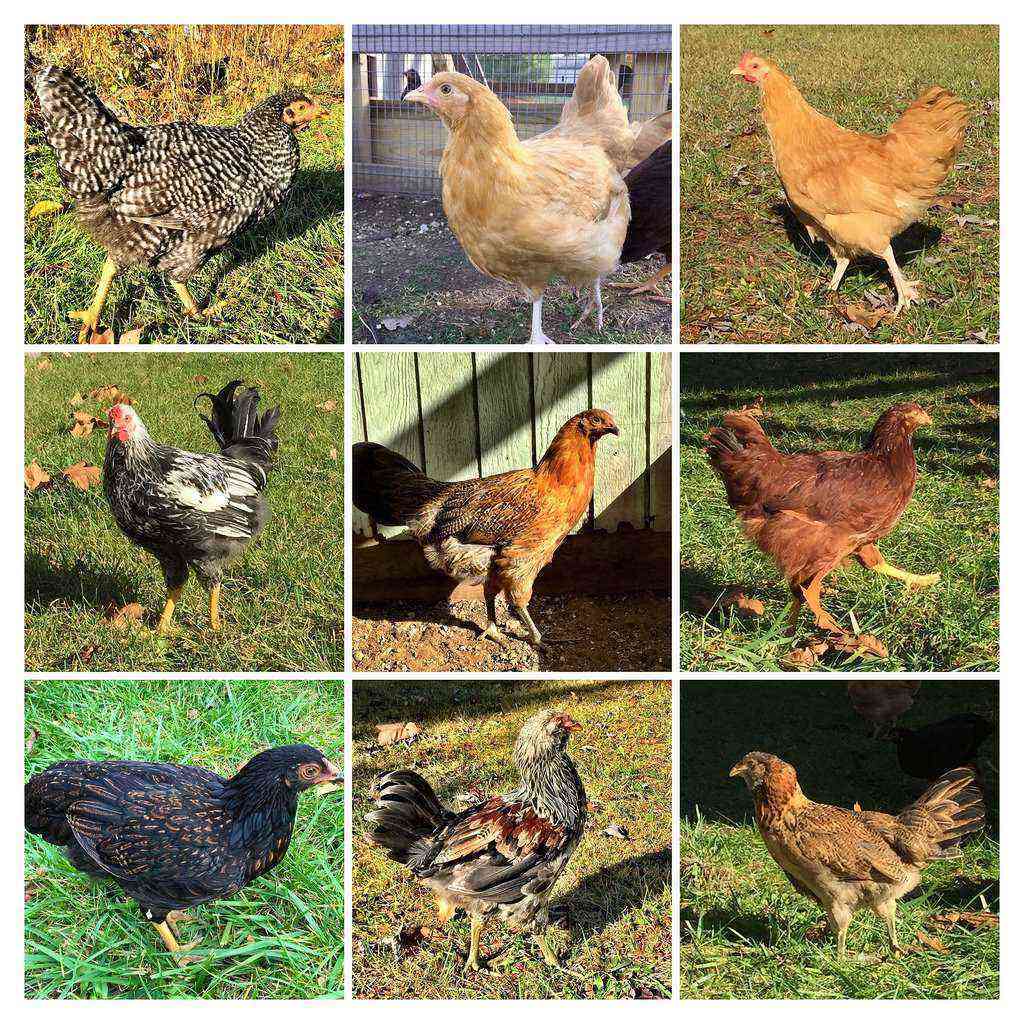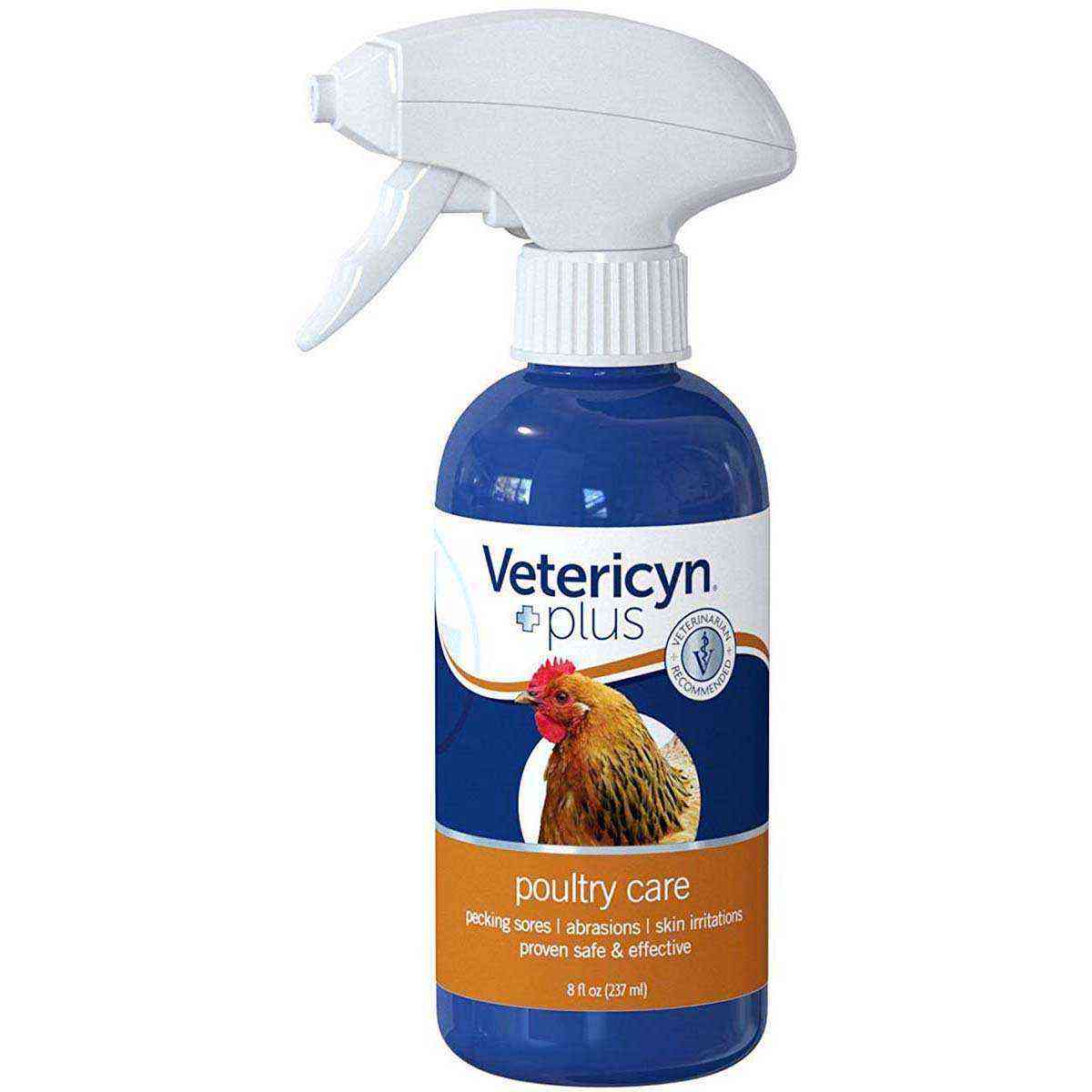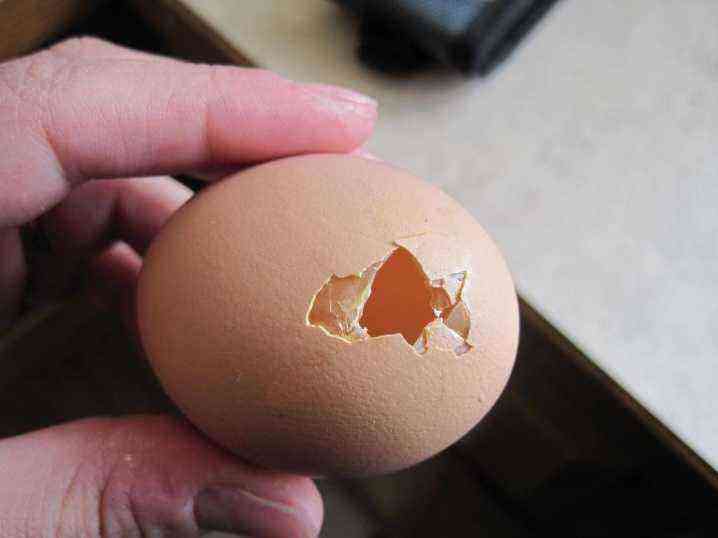The meat and egg breed of the Rhine chickens was bred in Germany by crossing birds from Italy and German chickens bred in the vicinity of the Eifel mountain range. These feathered pets belong to the meat and egg direction of productivity. They have different plumage colors: black and white, partridge and brown, and others.
On average, laying hens can produce up to 180 eggs per year. Their weight is about 55-60 grams. The live weight of adults reaches two and a half kilograms in chickens and up to two kilograms of seven hundred and fifty grams in roosters.
Rhine chickens have a number of advantages, which attract the attention of numerous poultry farmers:
unpretentiousness in weather conditions and conditions of detention;
good health;
resistance to sudden temperature changes;
do not require special attention and special care.
Rhine – chickens that are distinguished by a friendly character. They are energetic and stress-resistant, quickly get used to their master and cease to be afraid of him. But at the same time, these feathered pets love to quarrel with other birds, show their temper and temperament. These are active birds that love to walk in the fresh air, on green grass, who love space.
Rhine chickens are completely devoid of maternal instinct. Therefore, those poultry farmers who plan to breed in their personal backyard should stock up on incubators. It is unlikely that it will be possible to get chickens in a natural way.
And yet, breeding Rhine chickens at home, their owner gets tasty, juicy, tender meat and fresh eggs, which should not be forgotten. But to obtain high productivity rates, the bird needs a high-quality, nutritious and balanced feed. And in winter, it will not be superfluous to add vitamin and mineral supplements to her diet. It is also important to properly insulate the chicken coop for the winter to protect feathered pets from frost and cold. The room where the Rhine chickens are kept should always be warm and clean. Like other breeds of chickens, they do not tolerate dampness, stagnant air, so it is important to take care of ventilation in the chicken coop and appropriate air humidity. Feeders should be cleaned and washed regularly, and drinkers should only contain clean, fresh water, so change it often.







































